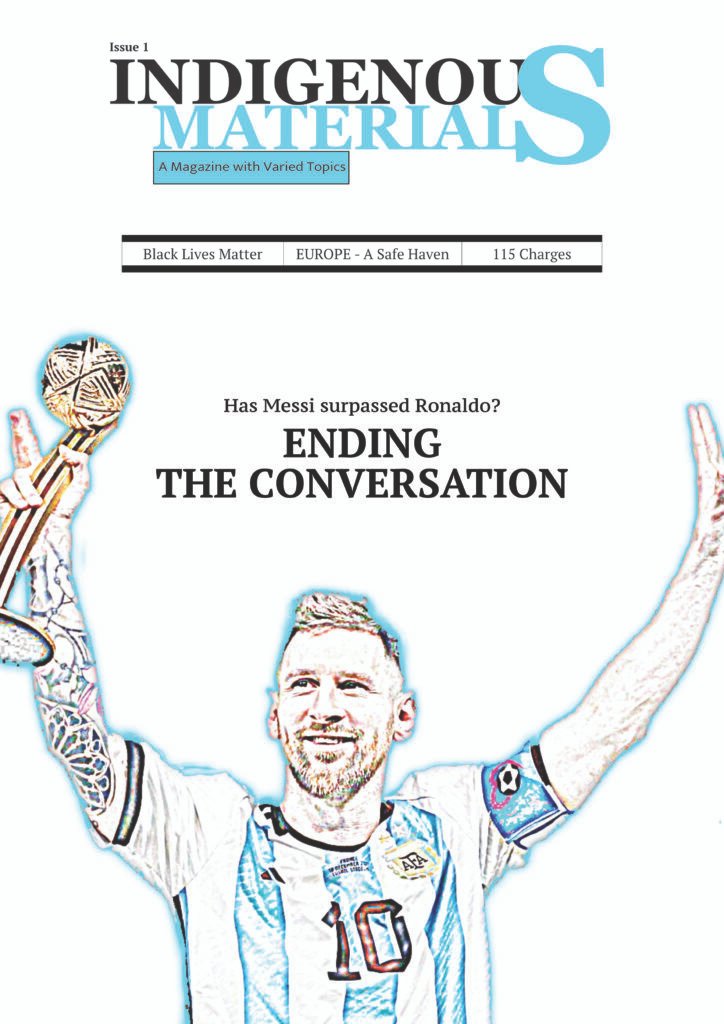The Death of Free Thoughts
We live in a society where a single statement can isolate a person from civilisation. This must be addressed because it is slowly killing our imagination and, more importantly, our democracy. Democracy, in its ideal form, is a beautiful concept. While its origins are not without criticism, often used as a vehicle to extract resources from poorer nations under the guise of foreign aid and policy (a topic for another article), the principle of democracy gives us freedom of speech and expression. But this freedom now seems to be slipping away.
Today, the media is quick to crucify anyone who speaks truthfully about the systems that harm us. Anyone who dares to question mainstream narratives is branded a conspiracy theorist, their opinions sidelined, their platforms removed.
Yet, conspiracy as a concept is not new, nor is it necessarily negative. Some of the most ground-breaking changes in history were once considered conspiracies. The elite often seed ideas through music and entertainment, which the masses consume without critical thought. However, those who possess what some call a “third eye” can see through the noise. And when they attempt to speak up, society labels them as mad, dangerous, or outcasts. But it was speaking out that once brought us together.
Consider cancel culture through this lens, and the contradictions become glaring. If Martin Luther King Jr. or Malcolm X were alive today, would they be cancelled for their radical rhetoric? Would media platforms silence them for challenging the status quo? In their time, they were praised, eventually, for their courage and vision. Why? Because we understood the necessity of democracy and free speech. We valued the right to dissent.
Now, however, we have entered a digital age where power sits in everyone’s hands. People use their smartphones and social media accounts as tools to silence others, often with little context or critical thinking. Influencers; many lacking the depth or wisdom for such responsibility, wield disproportionate power to discredit others based on personal preference. Dislike becomes cancellation.
Kanye West, for example, has said things that are undeniably controversial and sometimes offensive. But buried within his erratic statements are truths about the industry, control, and manipulation. Rather than listening and critically engaging, society rushes to cancel him, refusing to acknowledge that some of what he says might be worth discussing.
This reveals a deeper issue: we’ve abandoned education as a societal tool. Instead of engaging with ignorance and correcting it, we punish it. Rather than teach, we shame. We cast individuals out instead of guiding them back in. If our goal is truly to build a more inclusive, understanding society, then education must be the foundation, not social exile.
Cancel culture is flawed because it is selective. Some individuals can say and do the most outrageous things and continue to thrive, while the average person might make an ill-judged joke and be completely ruined. It is brutal and unforgiving, and the psychological scars it leaves are deep. People have lost their careers, families, and even their lives because of public shaming.
We must be cautious. Not everyone who says something wrong is inherently a bad person. Some are simply uneducated, misinformed, or expressing pain inappropriately. Their mindsets are often fragile, and cancelling them might do more harm than good. That said, there are individuals like P. Diddy, whose behaviour has been widely condemned, who arguably do deserve social accountability. But even then, judgment must be fair, informed, and proportional.
Cancel culture should not be a reflex. It should be a last resort.
If we truly want to move toward a just and unified society, we must stop treating free speech as a threat. Instead, we should embrace uncomfortable conversations, challenge each other with respect, and prioritise education over eradication.




